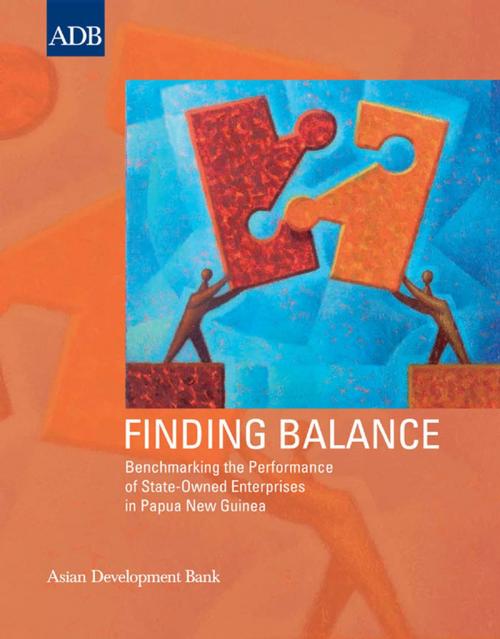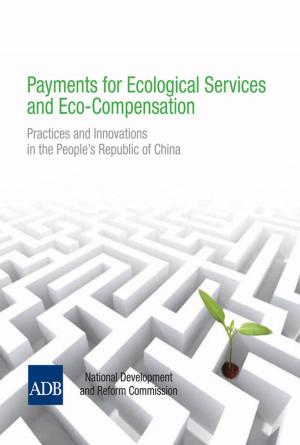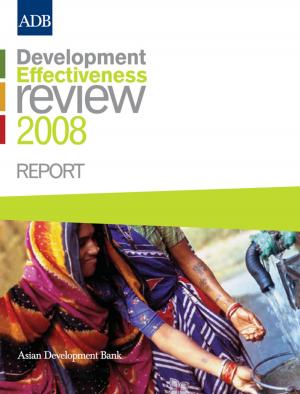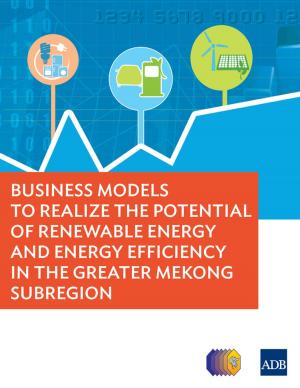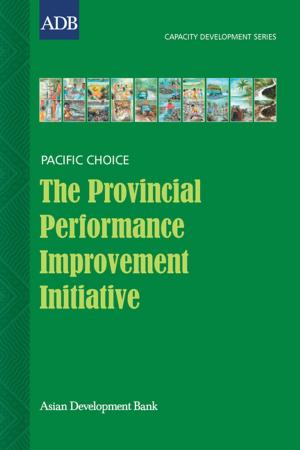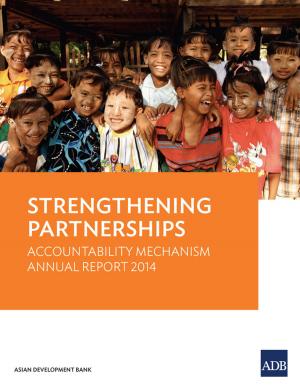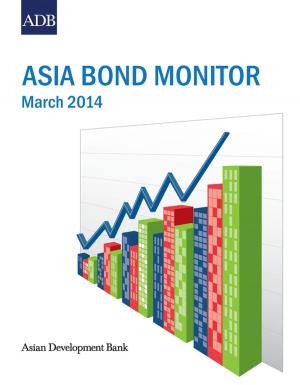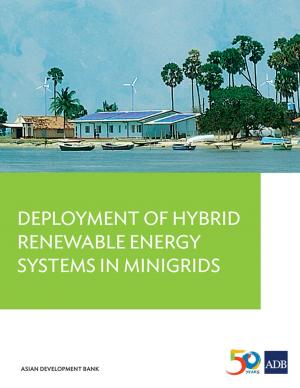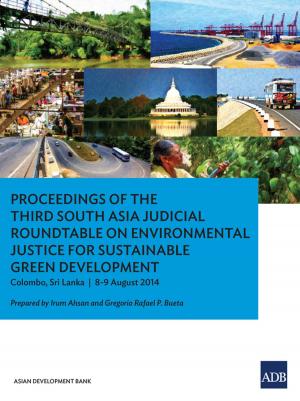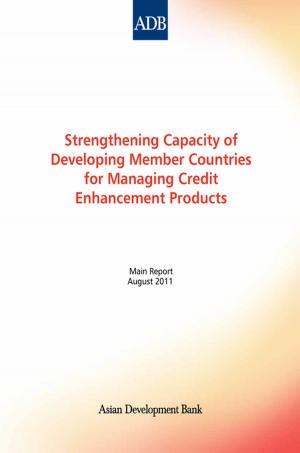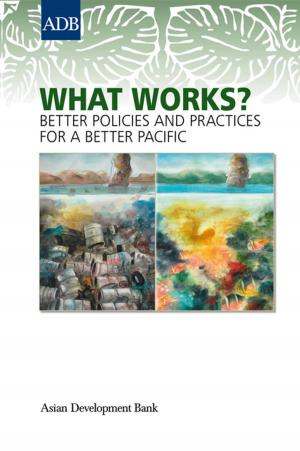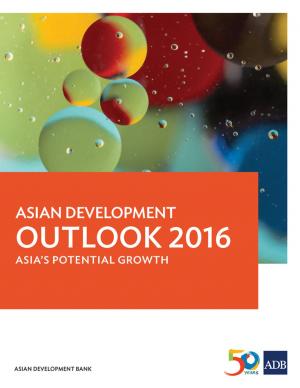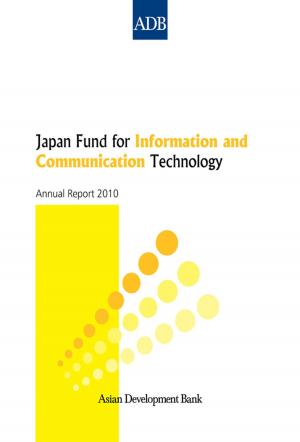Finding Balance
Benchmarking the Performance of State-Owned Enterprises in Papua New Guinea
Nonfiction, Reference & Language, Law, Public Utilities, Business & Finance, Business Reference, Government & Business| Author: | Asian Development Bank | ISBN: | 9789290928317 |
| Publisher: | Asian Development Bank | Publication: | September 1, 2012 |
| Imprint: | Asian Development Bank | Language: | English |
| Author: | Asian Development Bank |
| ISBN: | 9789290928317 |
| Publisher: | Asian Development Bank |
| Publication: | September 1, 2012 |
| Imprint: | Asian Development Bank |
| Language: | English |
State-owned enterprises (SOEs) play a significant role in the economy of Papua New Guinea (PNG), as they do in other Pacific countries. They provide a range of essential services, most notably power, water, telecommunications, and transport that are vital to commerce and to the livelihoods of all communities. The performance of the SOEs therefore has an important impact on PNG's ability to achieve inclusive economic growth. This study benchmarks the performance of PNG's SOEs with those of Fiji, the Marshall Islands, Samoa, Solomon Islands, and Tonga; assesses the key drivers of this performance; and identifies successful reform strategies that can guide future policy action. Particular attention is given to the legal, regulatory, governance, and monitoring frameworks of each country, given their known impact on the performance of the SOEs.
State-owned enterprises (SOEs) play a significant role in the economy of Papua New Guinea (PNG), as they do in other Pacific countries. They provide a range of essential services, most notably power, water, telecommunications, and transport that are vital to commerce and to the livelihoods of all communities. The performance of the SOEs therefore has an important impact on PNG's ability to achieve inclusive economic growth. This study benchmarks the performance of PNG's SOEs with those of Fiji, the Marshall Islands, Samoa, Solomon Islands, and Tonga; assesses the key drivers of this performance; and identifies successful reform strategies that can guide future policy action. Particular attention is given to the legal, regulatory, governance, and monitoring frameworks of each country, given their known impact on the performance of the SOEs.
